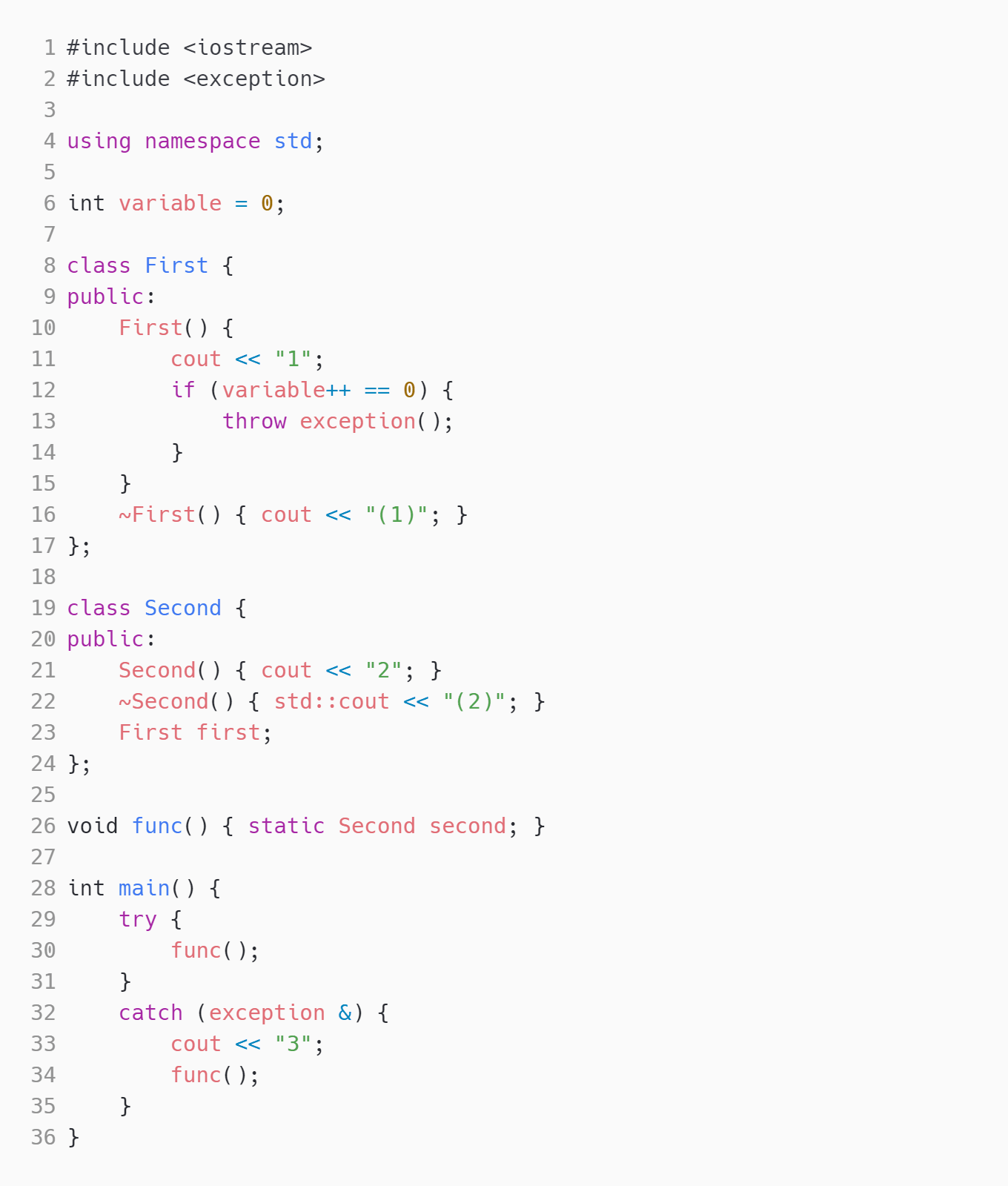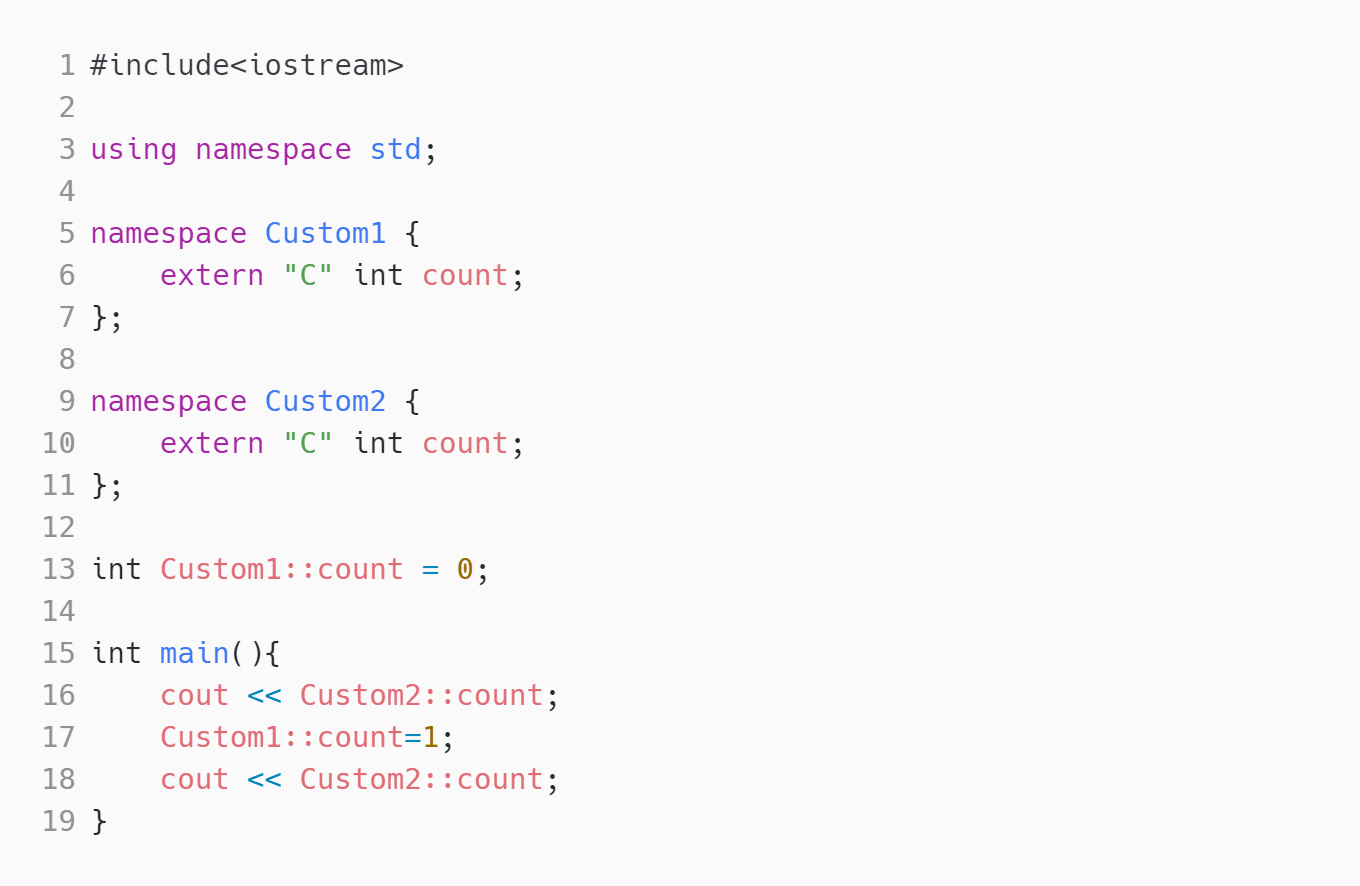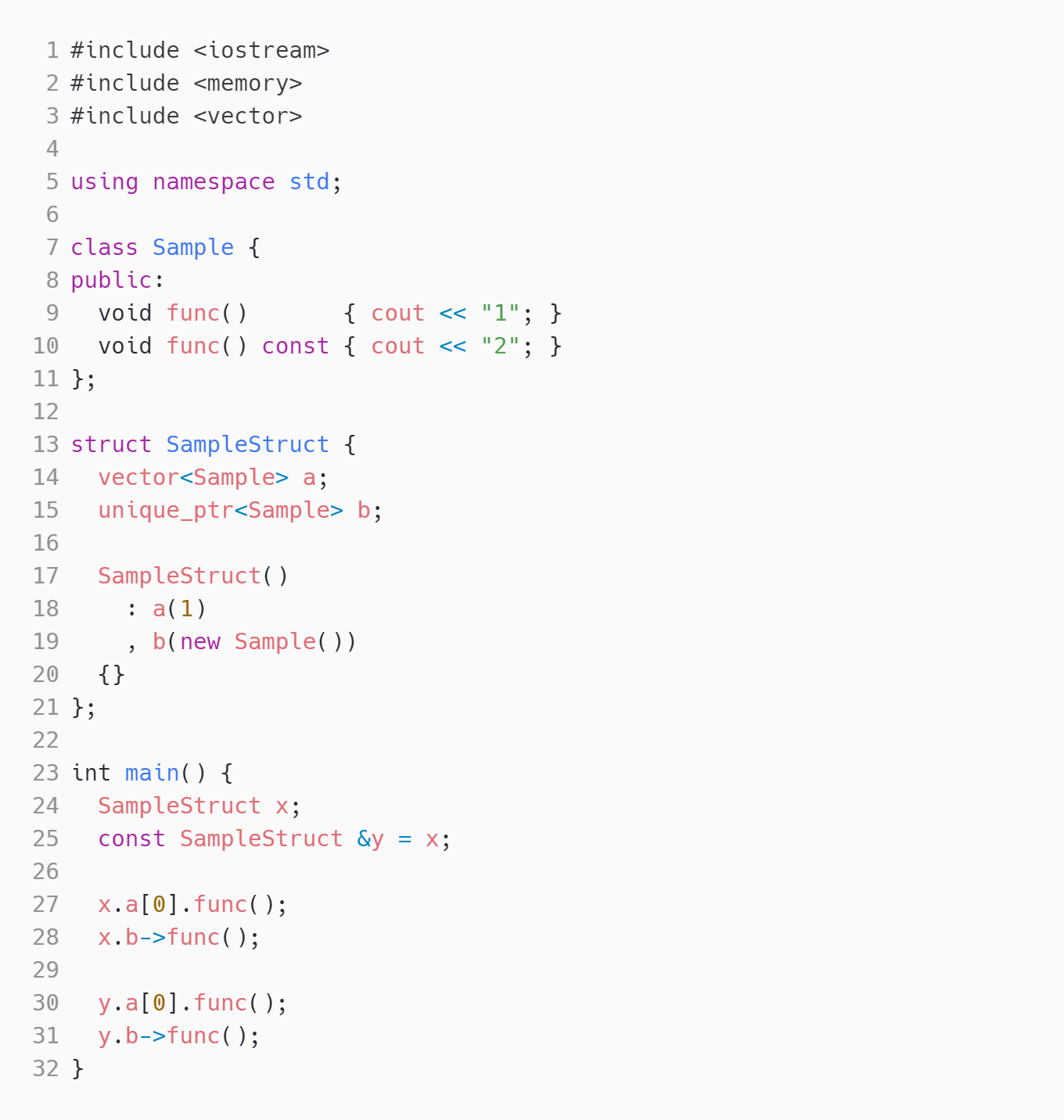Basic syntax and structure: This involves understanding the fundamental elements of C++ such as variables, data types, and operators. Proficiency in basic syntax is necessary to write and interpret C++ code effectively.
Control flow and loops: Control flow constructs like if-else statements, switch cases, and loops (for, while, do-while) manage the execution of code blocks based on certain conditions. Mastery of these constructs allows developers to create dynamic and responsive programs.
Functions and recursion: Functions enable code reusability and modular program design, while recursion solves problems through repeated function calls. Understanding these concepts is essential for breaking down complex problems.
Basic data structures: This involves the use of arrays, lists, stacks, and queues. Efficient use of basic data structures is key to organizing and managing data within programs.
Simple searching algorithms: Techniques like linear search and binary search are essential for finding elements within data sets. Implementing these algorithms enhances problem-solving skills.
Simple sorting algorithms: Sorting techniques, such as bubble sort and selection sort, are fundamental for organizing data. Understanding them is crucial for optimizing performance in data handling.
Pointers and memory management: Pointers allow direct memory address manipulation, facilitating dynamic memory management. Mastery of pointers is vital for resource optimization and effective memory use.
Error handling: This covers the use of try-catch blocks and exception handling. Robust error handling ensures that programs can manage unexpected conditions gracefully, increasing reliability.
File I/O: Reading from and writing to files is fundamental for data persistence. Proficiency in file I/O operations is necessary for applications that process or store large volumes of data.
Basic string manipulation: Common operations include string concatenation, comparisons, and substring extraction. Efficient string manipulation is crucial for tasks involving text processing.
Fundamental object-oriented concepts: Key concepts include classes, objects, inheritance, and polymorphism. Object-oriented programming provides a framework for designing scalable and maintainable software.
Standard Template Library basics: The STL provides essential utilities like vectors, maps, and algorithms. Understanding STL is beneficial for writing efficient and cleaner C++ code.
























































